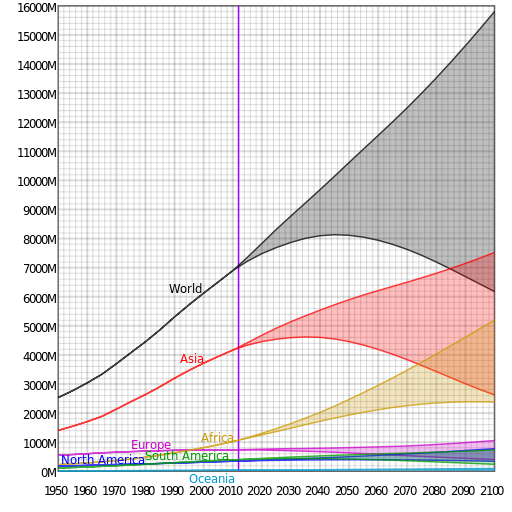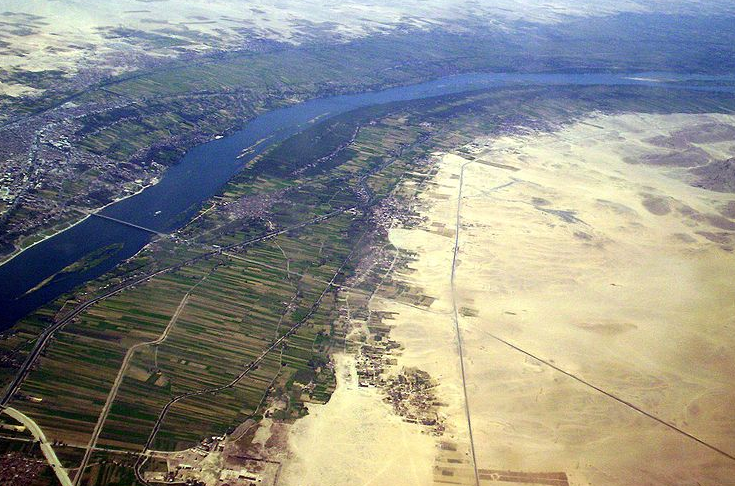Future changes to the global community will massively affect food demand and availability, understanding the context of population dynamics enables projections for ongoing food security.
Population Growth and Change
The world is facing explosive population growth – currently at 7.6 billion people, this is expected to expand to 9.8 billion by 2050. By contrast, at the height of the Roman Empire there were around 150 million people globally, and in 1960 there were only 3 billion people worldwide.

Such population growth will make ever greater demands on agriculture and require greater yields and production, from less available land. However, this is not just an international problem affecting Asia and Africa, the UK is already one of the most densely populated countries in the world, second only to the Netherlands in Europe, and so land available for food production will come under ever greater strain, requiring new methods and greater care of existing land.
Accompanying this population growth will be changes in the age and make-up of the population demographics. Such changes will mean more older, less active people and fewer people of productive working age to produce income and products to support them. This will again mean producing food with less labour availability and the accompanying shift from family units to more people living alone, further putting pressure on resources as more land is required for people to live on.
Food Security
The challenges posed by the impact of climate change on natural resource depletion, water scarcity and huge global population growth threaten farming as we practice it today. Combined they will put huge strain on food supplies and mean that countries previously able to export food may no longer be in a position to do so, and that existing food supplies will face greater demand and consequently higher prices and possible shortages.

In 2008 the UK imported 45% of all its food and this has been a growing trend for decades. Substituting such a large amount of imports for food grown in this country will be a huge challenge and one which every farmer will face pressures to respond to. Read more about this in the National Food Statistics Report on UK food security.
This may create opportunities for UK farmers but will add pressure to diversify crops and livestock as the country will have to become ever more self-sufficient.
Evidence also suggests that we will soon experience the peak of global phosphorous supplies, which, with nitrogen, is crucial for plant growth and found in all chemical fertilisers. The artificial Nitrogen found in most fertilisers (via the Harber-Bosch process) is also a result of processes powered by oil and gas, therefore chemical fertilisers as we know them will be restricted in supply in the future. This represents a considerable challenge to existing agricultural techniques as approximately 94 kg/ha of nitrogen as fertiliser is used each year within the UK.
Not only will there be more people eating more food, but there will be more people eating a Western diet, therefore more competition for meat, dairy and vegetable oil based foodstuffs. Growing these foodstuffs releases more harmful emissions than are released growing other products, for example the production of meat creates 4 to 12 times the emissions produced by growing cereals in the EU. This report has more information on the carbon emissions associated with different foods. The carbon footprint of UK dairy farms has been outlined by a Dairy Co report, available here.
Research suggests that doubling the food supply using current farming practices would still not be enough to feed the extra population in 2050. Changing farming practices and diets and reducing waste will all be necessary.
Using fewer resources, and using them more efficiently, is key if farmers are to respond to the food security crisis, and this will mean the industry changing and adapting. There are associated benefits for farmers however, such as lower growing and transport costs. Read about how to use fewer resources and adopt sustainable farming practices in the Your Farm section of the toolkit.
Further Information:
Read more about food security here
The UN has compiled a list of further links about food security- click here

